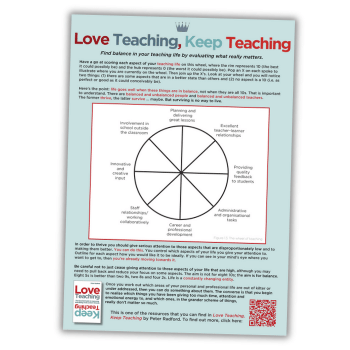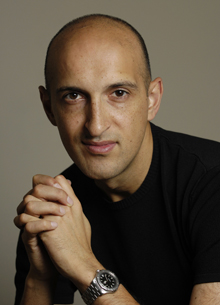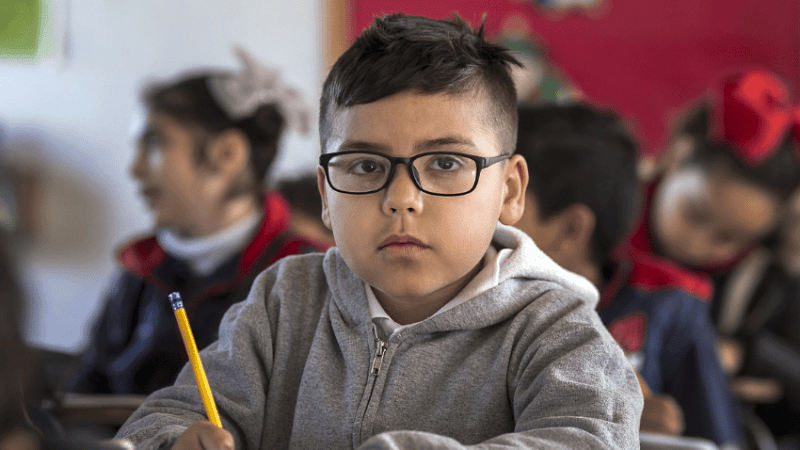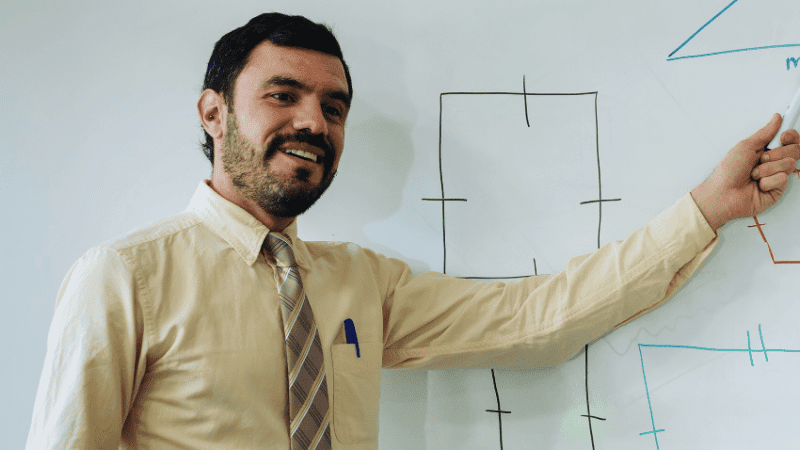Black Box Thinking – Matthew Syed On What Schools Can Learn From The Aviation Industry

What do flight recorders, table tennis and schools have in common? Journalist and broadcaster Matthew Syed explains all…

- by Callum Fauser
- Editor of Teach Secondary magazine

What do flight recorders, table tennis and schools have in common? Journalist and broadcaster Matthew Syed explains all…
Matthew Syed is a journalist, author, public speaker and broadcaster, giving regular business talks to a range of public and private organisations and making frequent media appearances on the likes of CNN International and Newsnight.
Prior to writing, he was England’s highest-ranked table tennis player for close to a decade, during which he was crowned Commonwealth Champion three times and represented Great Britain at the Barcelona and Sydney Olympic Games.
In his first book, Bounce, Syed explored the reasons behind why certain individuals are able to excel in sport, art, business and various other fields – from their ability to thrive under pressure, to the balance between their innate ability and dedication to practice.
In his latest, Black Box Thinking, Syed examines the transformative effects that marginal gains can have on the running of large organisations. We caught up with him at Challenge Partners’ recent Unlocking Potential conference, to ask his thoughts on how the model might be applied to education…
 What characterises a Black Box Thinker?
Black Box Thinking is related to the aviation model of learning – the Black Box in the aircraft which one examines after a crash to learn what went wrong.
What characterises a Black Box Thinker?
Black Box Thinking is related to the aviation model of learning – the Black Box in the aircraft which one examines after a crash to learn what went wrong.
Black Box Thinkers have a mindset directed at learning and always trying to improve their performance. In schools, they would be teachers and leaders who look for those marginal gains that can help them improve what they do, so that students leave the school with all the skills and attributes they need to change the world.
Are there any notable examples of you applying such thinking in your own personal or professional life? As a table tennis player we were equipped with a growth mindset, rather than a fixed mindset, early on by a brilliant coach. There was one particularly tough performance at the Olympic Games in Sydney, where I lost in the first round and choked – I fell apart and melted down under pressure.
For a few weeks I pretended it hadn’t happened, but then I saw it is a great opportunity to learn. I looked more deeply at what had gone wrong and created strategies to help me deal with pressure in the future.
Sport psychology is all about dealing with pressure – using positive affirmations, imagery, trigger words and other strategies for reassurance before the big moment, all of which I still use now when I’m under pressure.
How can black box thinking be applied to the running of schools? Creating a growth-orientated culture is absolutely fundamental, because it’s what enables schools to flourish and learn. How do we improve maths teaching? How do we improve pupils’ retention of information? How do we improve exam technique? Standards of punctuality? Children’s resilience?
All these things that teachers are trying to equip young children with are improvable. We can change the structure of classrooms to alter the way teachers and students interact, and the way one leverages the curriculum to drive these improvements.
Trending
Schools in this mindset are always looking for improvements. Schools that aren’t are looking to sustain the status quo and saying, ‘Well, we’ve always done it in a particular way, and we’re sticking with it.’ You frequently given talks at schools – have you often observed the things you describe in practice? I have – there are some schools that do these things very well. Others are trying to do them but haven’t got the practical strategies they need to make them happen.
I’ve worked with quite a few big corporate organisations to see how they do it, and am now working on trying to create conferences for schools that can help them with the challenges involved.
You’ve previously written of the harms that fundamental attribution errors can cause for large organisations. Can you think of any examples in relation to schools, and what might the implications of these might be? Fundamental attribution error is the tendency for the human brain to ascribe events to the actions of those groups or individuals nearest them. If that event is a bad one, it typically leads to blaming the professional.
I don’t think that’s too simplistic – sometimes a professional is not simply good enough – but often there’s a systemic problem underpinning what went wrong. I think great leaders have the tenacity to figure out what really went wrong, and then make rational, rather than knee-jerk reforms.
There’s been a great deal of reform aimed at addressing accountability in schools in recent years – would you say that the right sort of accountability processes are being adopted? My hunch is that teachers feel that there is quite a high blame [culture]. To be honest, I’ve not looked at this in great detail yet, but it’s a challenge that teachers seem to be dealing with every day.
I’m sure they it be improved, so that a better balance is struck between accountability and learning – but I don’t have an answer yet as to what that might look like.
What three things can schools start doing in the short term to apply some of the principals behind Black Box Thinking in terms of how they operate? One – get the language right in the classroom. Praise for effort, rather than for outcome or talent, but that doesn’t mean endlessly saying, ‘Well done, you worked hard’. To create a really great variety of interactions you need a rich language that will orient learners towards learning.
Two – foster more collaboration in the staff room, so that if particular teachers are struggling with an area of their work, they feel they can ask for help and feedback. Perhaps they can video one of their lessons and talk it through afterwards with a mentor.
And three – maybe adopt a motto in the school that articulates a growth mindset in some way that students will relate to. They’re just three of a whole array of things, but those would be a good start.
For more information, visit www.matthewsyed.co.uk or follow @matthewsyed; Black Box Thinking is published in hardback by Hodder & Stoughton










